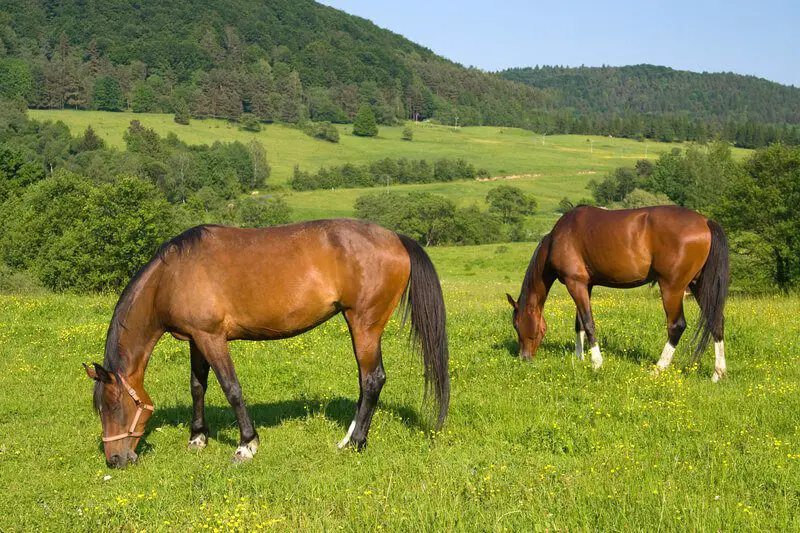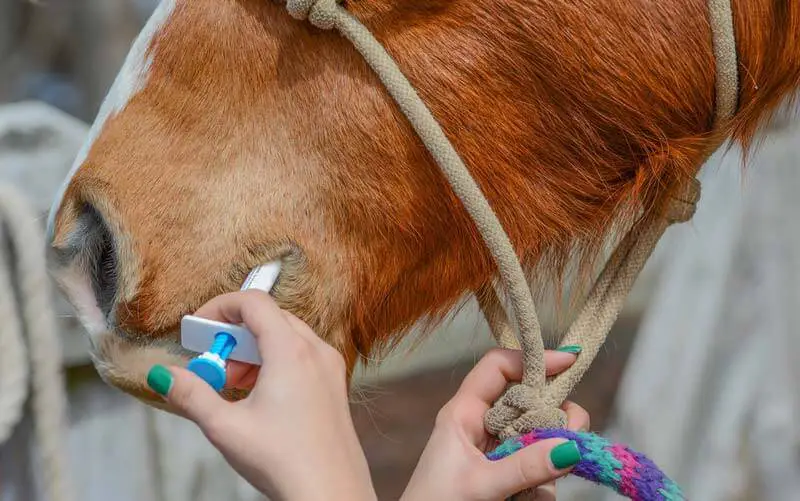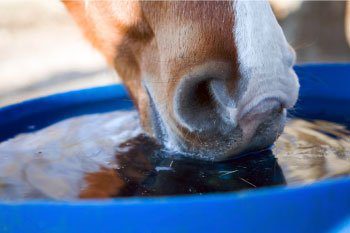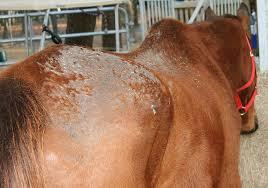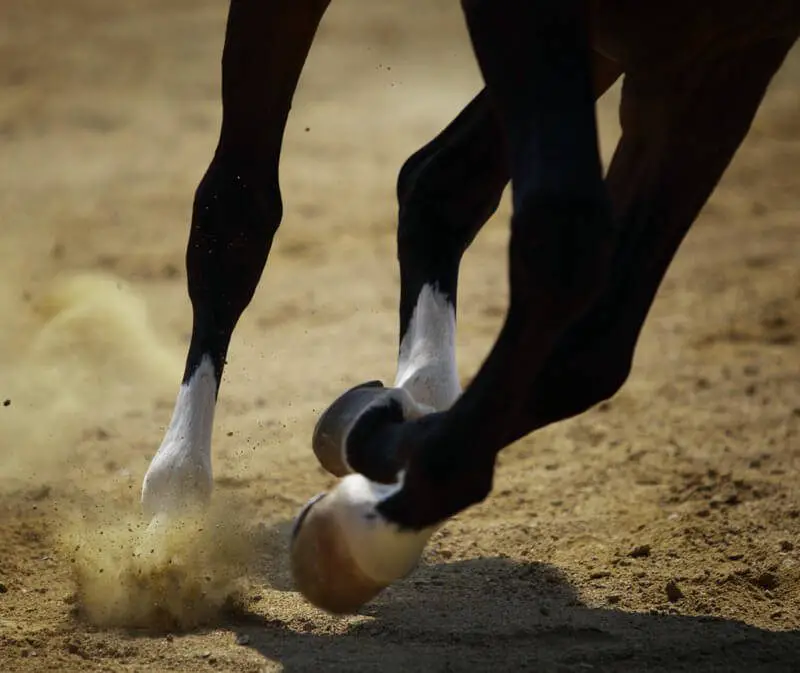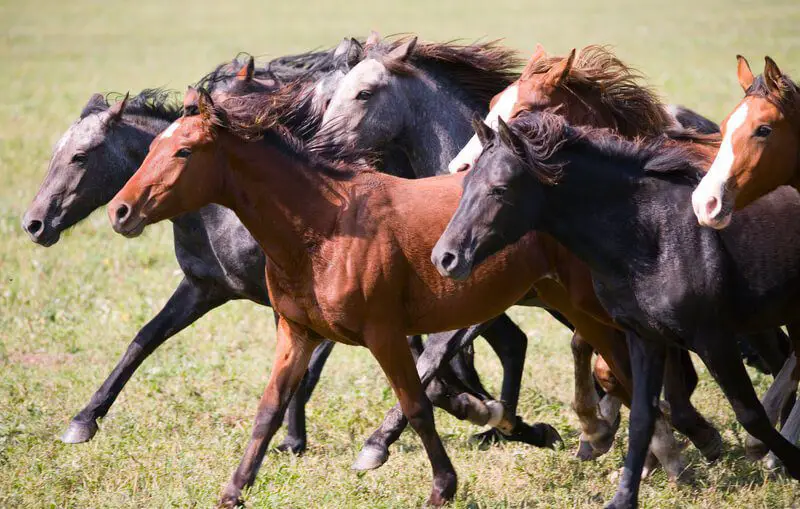What is colic and how do I prevent it?
There are many types of colic, each with its own causes, treatment and prevention. Generally, colic is defined as any abnormal gastrointestinal pain in horses. With careful management and a commitment to your horse’s health, colic may be prevented. Causes of Colic The horse has the most poorly designed digestive system out of any animal, […]


